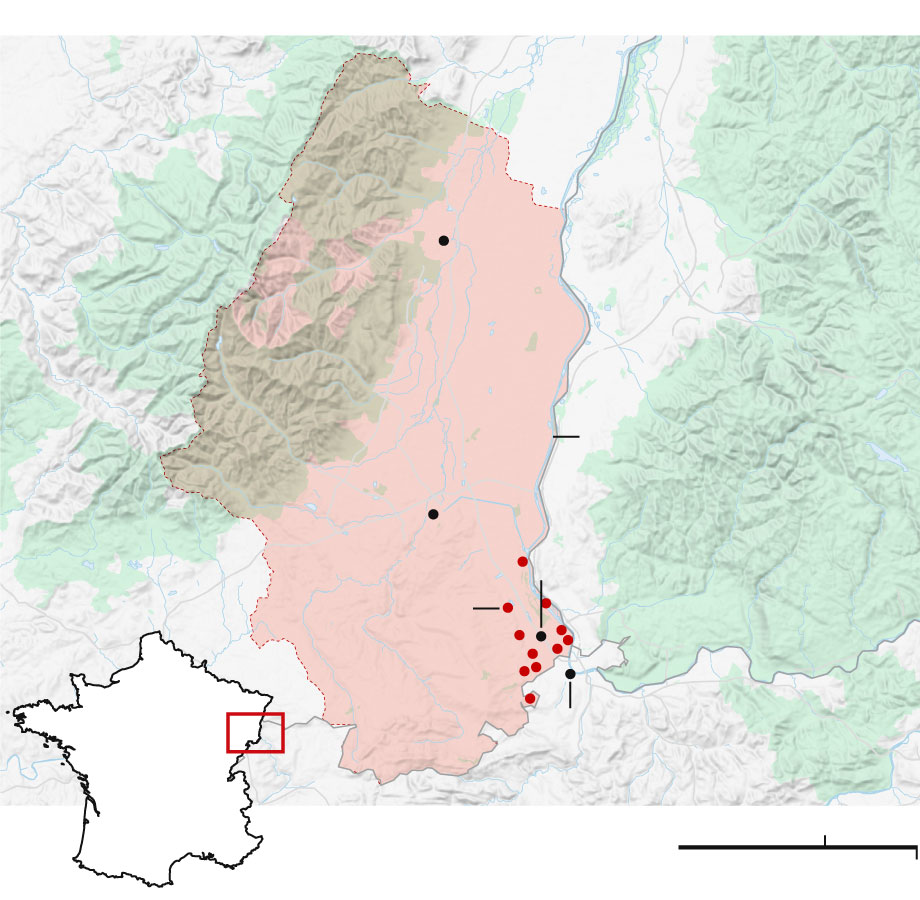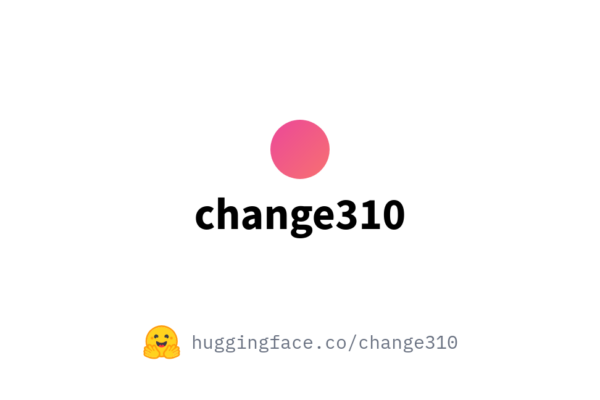
The Importance of Tap Water in France
Access to clean drinking water is a fundamental right, and in France, tap water is not only safe but also of high quality. The country boasts a robust system of regulations and practices aimed at ensuring the safety and palatability of its water supply. This topic is particularly relevant, as France continues to promote the sustainability of its water resources amidst environmental challenges.
Current Standards and Regulations
In France, tap water is subject to strict regulations enforced by the Ministry of Health. The country adheres to the EU Drinking Water Directive, which establishes stringent quality standards to protect consumers. Regular tests are conducted to monitor contaminant levels, including nitrates, bacteria, and heavy metals, ensuring that the water remains safe for consumption.
Quality of Tap Water
According to the latest reports, approximately 97% of tap water in France meets the health standards established by the World Health Organisation (WHO). The 2023 annual report indicated that water quality is continuously improving, with several regions noted for their particularly high standards. Cities such as Paris and Lyon are well-regarded for their exceptional water quality, even boasting various mineral compositions that can enhance taste.
Environmental Concerns and Sustainability
As France faces growing environmental challenges, including climate change and pollution, there is an increasing focus on sustainability and conservation of water resources. Communities across the nation are engaging in initiatives to reduce plastic waste by promoting the use of tap water as a primary drinking source, thereby encouraging residents and tourists alike to refill reusable bottles instead of purchasing bottled water.
Tap Water: A Cost-effective Choice
In addition to its quality and safety, tapping into local water sources presents a significant cost-saving opportunity. In France, drinking tap water is substantially cheaper than imports of bottled water, with prices for bottled water often exceeding 200 times that of tap water. This economic factor is particularly beneficial for residents and visitors looking to manage their budgets.
Conclusion
With high standards of safety, quality, and a commitment towards sustainability, tap water in France remains a reliable option for hydration. As environmental awareness grows, the preference for tap water over bottled water is expected to increase, fostering a broader movement towards sustainability. The French public’s trust in their tap water reinforces the importance of maintaining stringent regulations and consumer education programs, ensuring that both residents and visitors enjoy the many benefits of drinking from the tap.
You may also like

Understanding the Current Measles Outbreaks
The Integral Role of Hospitals in Modern Healthcare

The Role of Face Masks in Public Health Today
SEARCH
LAST NEWS
- Remembering Wendy Richard: The Promise to Co-Star Natalie Cassidy
- How Did Anglian Water Achieve an ‘Essentials’ Rating for Mental Health Accessibility?
- Shai Hope Leads West Indies in T20 World Cup Clash Against South Africa
- What We Know About Weston McKennie: Future at Juventus and Past at Leeds
- What We Know About the Upcoming Live Nation Antitrust Trial